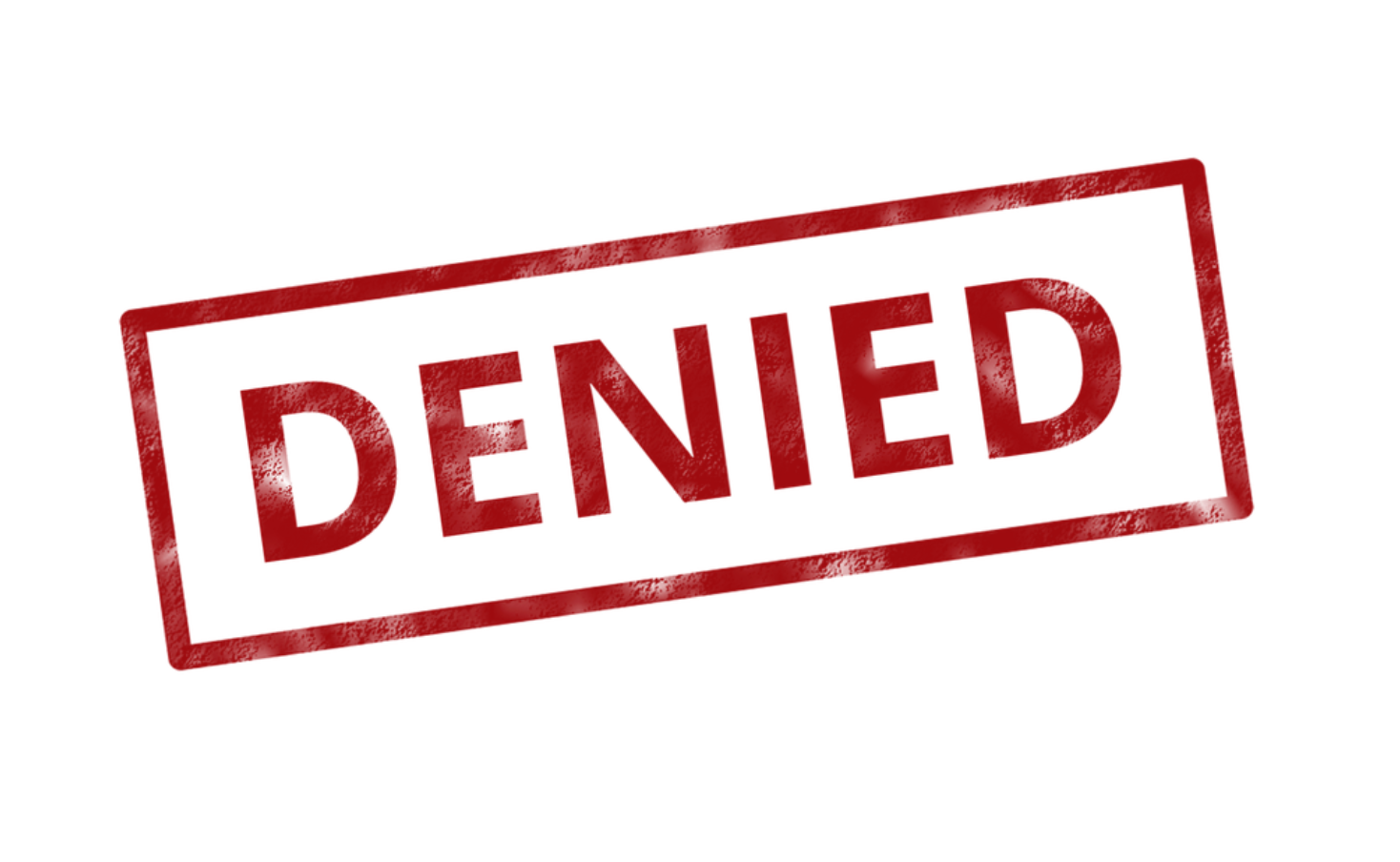The Pennsylvania statute of limitations enforces strict deadlines within which a formal lawsuit must be filed against the negligent or wrongful person or persons.
Regardless of what type of accident you were involved in, if you were injured due to someone else’s negligent actions, Pennsylvania law entitles you to file a civil claim seeking financial restitution. If you choose to move forward with a personal injury claim, one of the most important things for you to understand is the statute of limitations and how it applies to your case.
A Pennsylvania personal injury lawyer can help those who have sustained damages caused by the negligent or unlawful actions of another file their claims within the appropriate limitations so their rights to monetary recovery are preserved.
What is a Statute of Limitations?
Every state, including Pennsylvania, has a civil statute of limitations. These are laws that establish a deadline for filing various types of civil claims. The time by which a claim must be filed is known as the limitations period.
Any claims that are filed once the deadline has passed will be thrown out. In other words, the victim will not be allowed to pursue recovery and financial compensation for any of their damages. Understanding the statute of limitations for your particular claim is vital so you can ensure it does not expire before you are able to make your claim.
Regardless of the severity of your injuries, failure to file your lawsuit by the statute of limitations will leave you unable to collect the damages to which you are otherwise entitled. You will not be allowed to collect compensation at all once the statute of limitations has expired.
Pennsylvania Statute of Limitations
For personal injury claims, the Pennsylvania statute of limitations gives victims a total of two years to bring a personal injury action seeking compensation for damages or for the wrongful death of a family member.
The two-year statute applies to almost all kinds of personal injury claims, including those based on negligence and those based on willful misconduct such as batteries, civil assaults, and other deliberate acts.
The clock on the statute of limitations begins ticking on the day your accident occurs. If you were injured due to someone else’s negligence, you have two years to file a civil complaint and any other necessary documents to initiate your civil lawsuit.
What Happens if I Miss the Deadline?

If you wait more than two years to file a lawsuit and then proceed to file it, the other party will very likely file a motion to dismiss. This means they will demonstrate to the court that you filed your complaint after the limitations period expires. The court will then grant their motion if you have indeed surpassed your statute of limitations, and the matter will be closed forever.
Unless one of the very few exceptions to the statute allows you additional time to file, the court will discharge your claim. If this happens, you lose your right to pursue any type of financial compensation for your injuries. Neither the significance of your injuries, the extent of your economic losses, nor the defendant’s obvious liability will matter anymore.
This makes Pennsylvania’s civil statute of limitations central to bringing an official lawsuit against the negligent party. It also plays an important role if you and your lawyer decide to negotiate damages with the defendant or the insurance provider for damages outside of court.
If the defendant or insurance provider is aware that the two-year statute of limitations has lapsed, there is virtually no incentive for them to make a reasonable settlement offer. They know you do not have any leverage over their client and will not be able to file a lawsuit against them.
Exceptions to the Pennsylvania Statute of Limitations
Although the Pennsylvania civil statute of limitations is rigorously enforced, there are a few situations that could temporarily stop the countdown and extend your filing deadline. The two main exceptions that could potentially pause or alter the limitations period are:
- The victim was a person under the age of 18 who, at the time of the accident that caused their injuries, was not legally emancipated. Under these circumstances, the clock will not start until the victim reaches the age of eighteen years old.
- The defendant leaves Pennsylvania for five or more months following the accident and before a lawsuit is filed or conceals their presence within the state by using a false name.
In the case of absence or concealment, the time during which the defendant was hidden or absent will most likely not count against the limitations period. Other exceptions to the Pennsylvania statute of limitations involve cases where the plaintiff is incapacitated or in a coma, and cases where the injury goes undiscovered for a length of time, as is often the case with medical malpractice.
Lawsuits Against a Government Agency
If the party liable for your accident is a government agency, the limitations period is not the same. For instance, if you had a slip-and-fall accident that left you with a broken arm while you were on the premises of a government building, an entirely different statute of limitations would apply to your case.
According to Pennsylvania law, anyone who intends to bring a claim against the government is required to send a notice of intent no more than six months from the day the accident took place. Should you fail to send a letter of intent before the six-month deadline is up, any subsequent lawsuit that you later try to file against the government agency will almost certainly be dismissed.
When Should I Consult a Pennsylvania Personal Injury Lawyer?
The Pennsylvania statute of limitations enforces strict deadlines within which a formal lawsuit must be filed against the negligent or wrongful person or persons. While this limitation period gives you some idea of how long you have before you absolutely have to file your lawsuit, you should still speak with a Pennsylvania personal injury lawyer as soon as you possibly can after your accident.
Speaking with an attorney early on will also help you ensure that evidence supporting your claim is preserved rather than lost. There are also several other exceptions that can toll the statute of limitations, and the only way to be 100% certain which one applies to your civil case is to seek the advice of an experienced Pennsylvania personal injury lawyer.


Join the conversation!